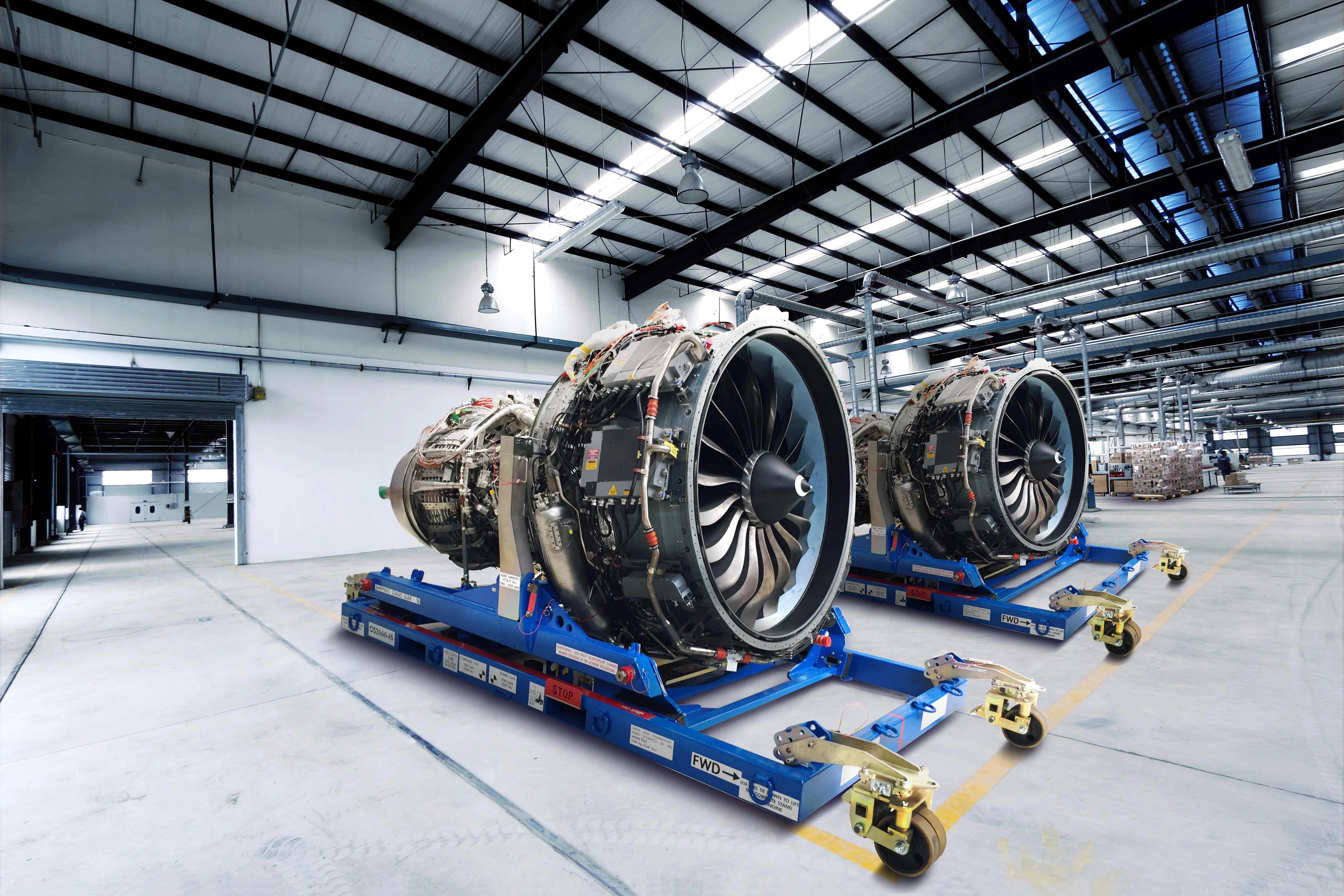Supply Chain Insurance for Aerospace Component Manufacturers: Navigating Complex Risks and Ensuring Business Continuity
Introduction: The Critical Importance of Supply Chain Insurance in Aerospace Manufacturing
In the intricate and high-stakes world of aerospace component manufacturing, supply chain disruptions can have catastrophic consequences. A single interruption can ground entire fleets, breach complex contractual obligations, and result in millions of pounds in potential losses. This comprehensive guide explores the nuanced landscape of supply chain insurance specifically tailored for aerospace component manufacturers.
Understanding the Aerospace Manufacturing Supply Chain Ecosystem
The aerospace manufacturing supply chain is a complex, globally interconnected network characterized by:
- Highly specialized component production
- Stringent quality and safety regulations
- Long-term, high-value contracts
- Significant technological investments
- Geopolitical and economic volatility
These characteristics make supply chain insurance not just a recommendation, but a critical business survival strategy.
Primary Supply Chain Risks in Aerospace Component Manufacturing
1. Supplier Failure and Dependency Risks
Aerospace manufacturers often rely on highly specialized suppliers for critical components. The failure of a single tier-one or tier-two supplier can halt entire production lines. Supply chain insurance provides financial protection and business continuity strategies in such scenarios.
2. Technological and Intellectual Property Risks
Aerospace components involve complex engineering and significant intellectual property. Supply chain insurance can offer protection against:
- Intellectual property theft
- Technology transfer risks
- Cyber espionage
- Contractual breaches related to proprietary technologies
3. Geopolitical and Trade Disruption Risks
International trade tensions, export/import restrictions, and geopolitical conflicts can dramatically impact aerospace supply chains. Comprehensive insurance strategies must account for these unpredictable global dynamics.
4. Quality Control and Compliance Risks
In aerospace manufacturing, a single non-compliant component can lead to:
- Massive recall operations
- Regulatory penalties
- Potential legal liabilities
- Significant reputational damage
Comprehensive Supply Chain Insurance Coverage for Aerospace Manufacturers
1. Business Interruption Insurance
Specifically designed to protect against financial losses during supply chain disruptions, covering:
- Lost revenue
- Fixed operating expenses
- Temporary relocation costs
- Alternative supplier procurement expenses
2. Contingent Business Interruption Insurance
Protects against losses from disruptions at suppliers' or customers' facilities, crucial in the aerospace sector's interconnected ecosystem.
3. Cyber Insurance for Supply Chain Protection
Addresses technological vulnerabilities, covering:
- Data breach response
- Cyber extortion
- System restoration
- Third-party liability
4. Professional Indemnity Insurance
Protects against claims arising from professional errors, design flaws, or consulting mistakes in component manufacturing and design.
5. Product Liability Insurance
Critical for aerospace manufacturers, covering legal and compensation costs from potential product-related incidents or failures.
Strategic Risk Mitigation Beyond Insurance
1. Supplier Diversification
Develop a multi-supplier strategy to reduce dependency risks. Insurance complements but does not replace strategic planning.
2. Advanced Technological Monitoring
Implement robust technological monitoring systems to detect potential supply chain vulnerabilities before they escalate.
3. Regular Compliance Audits
Conduct frequent supplier compliance and quality assurance audits to minimize potential risks.
Understanding Insurance Pricing Factors
Supply chain insurance premiums for aerospace manufacturers are influenced by:
- Company size and annual revenue
- Complexity of supply chain
- Historical claims record
- Risk management practices
- Geographical operational scope
Conclusion: Insurance as a Strategic Business Enabler
In the aerospace component manufacturing sector, supply chain insurance transcends traditional risk management. It is a strategic tool that enables business resilience, supports growth, and provides a competitive edge in a complex global marketplace.
Frequently Asked Questions
Q1: How quickly can supply chain insurance respond to a disruption?
Response times vary but typically range from 24-72 hours, depending on the specific policy and nature of the disruption.
Q2: Do all aerospace manufacturers need the same type of supply chain insurance?
No. Insurance should be customized based on specific business model, supply chain complexity, and individual risk profile.
Q3: How often should supply chain insurance policies be reviewed?
Annually, or whenever significant changes occur in your business operations, technology, or global supply chain landscape.


 0330 127 2333
0330 127 2333
